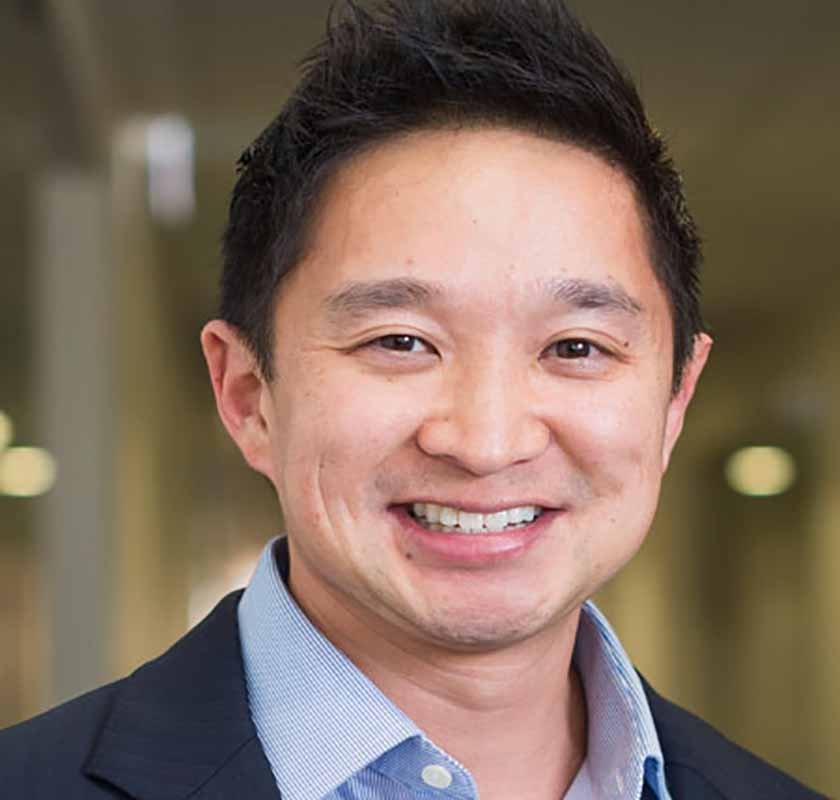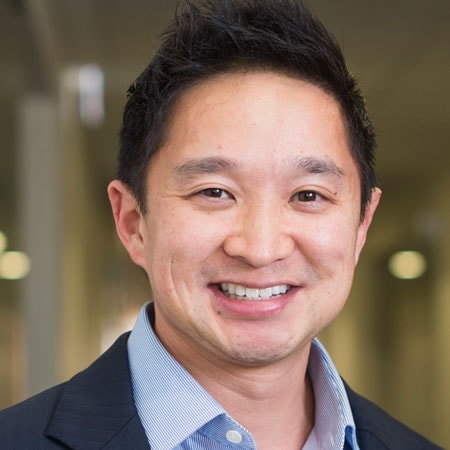What are varicose veins?
Varicose veins are dilated veins which are commonly found in the legs.These veins are caused by the failure of one-way valves, which due to gravity, cause the reflux of blood into the veins resulting in dilation.
Vascular and Endovascular Surgeon Dr Gregory Then, based at St John of God Murdoch Medical Clinic, said there were various risk factors for varicose veins.
“Family history, hormonal influences during pregnancy, advancing age and carrying additional weight are some of the risk factors for the condition,” he said.
“In addition, for those with an occupation or lifestyle which involves long periods of either sitting or standing, this can also pose a risk to developing varicose veins.”
Symptoms of varicose veins
Dr Then said the appearance of dilated veins is usually the first indication of varicose veins.
“Symptoms and progression of symptoms vary between individuals, however the appearance of veins is usually the first indication you have varicose veins,” he said.
“Early symptoms can include aches, itching, cramps, and tired and heavy legs. These are often exacerbated by long periods of sitting and standing and can be relieved by elevating the legs to reduce pressure in the veins.”
Left untreated, varicose veins can potentially lead to more serious consequences.
“Long standing varicose veins may cause lower leg swelling, and damage skin quality resulting in dermatitis, pigmentation and skin thickening,” Dr Then said.
“If the skin is stretched and weakened too much it can lead to ulcers and poor wound healing. Other problems include clots developing in these superficial veins or bleeding as the veins become dilated and fragile.”
Seeking treatment
Dr Then said that for many people, the main driver to seeking treatment was to help improve the leg appearance and/or relieve symptoms that may be affecting their lifestyle and occupation.
“Treatment at this stage is a personal preference,” he said.
“However, treatment is more advisable if there are problems with swelling, skin changes, ulcers, thrombosis and bleeding. A general practitioner (GP) is the usually the first point of contact who will be able to provide an initial assessment, and within the context of your general medical history, assess your appropriateness for treatment.”
The GP can then make a referral to a vascular surgeon or vein specialist. An ultrasound is then organised to evaluate the extent of venous disease, and to help plan out the treatment.
Treating varicose veins
There are non-surgical methods for patients who do not want surgery, or may be medically unfit to do so. Measures to help relieve symptoms and reduce progression of symptoms include compression stockings, good skin care such as regular moisturiser, avoiding long periods of standing and sitting, and leg elevation when possible.While conservative measures may alleviate the symptoms, only surgery offers the definitive solution.
There are two categories for surgery – open and endovenous.
Open surgery involves physically removing the incompetent veins in the leg. “Varicose vein stripping” is a common term used to describe this operation. This surgery is performed in a hospital setting.
Endovenous surgery is the “keyhole treatment” of varicose veins. Radiofrequency ablation and laser are the two most common forms of this kind of treatment. Other endovenous treatments include glue and foam sclerotherapy. These treatments are usually performed under a local anaesthetic, and can be performed either in the specialist rooms or in hospital.
Dr Then said surgery options and risks were discussed thoroughly with each patient.
“As with any treatment, we ensure patients are armed with all the information they need to make an informed decision about their treatment plan,” he said.
The breakdown of varicose vein surgery options performed across Australia:
- Endovenous laser 35%
- Endovenous ablation 35%
- Open surgery 25%
- Glue/sclerotherapy 5%
The success of varicose vein treatment, measured by the risk of vein recurrence, is roughly the same between the three more common surgery options.
Varicose vein surgery with Dr Gregory Then is available on our self-funded hospital packages list.
These packages are designed to suit patients without private health insurance who may otherwise have a long wait in a public hospital for simple, low risk procedures.


